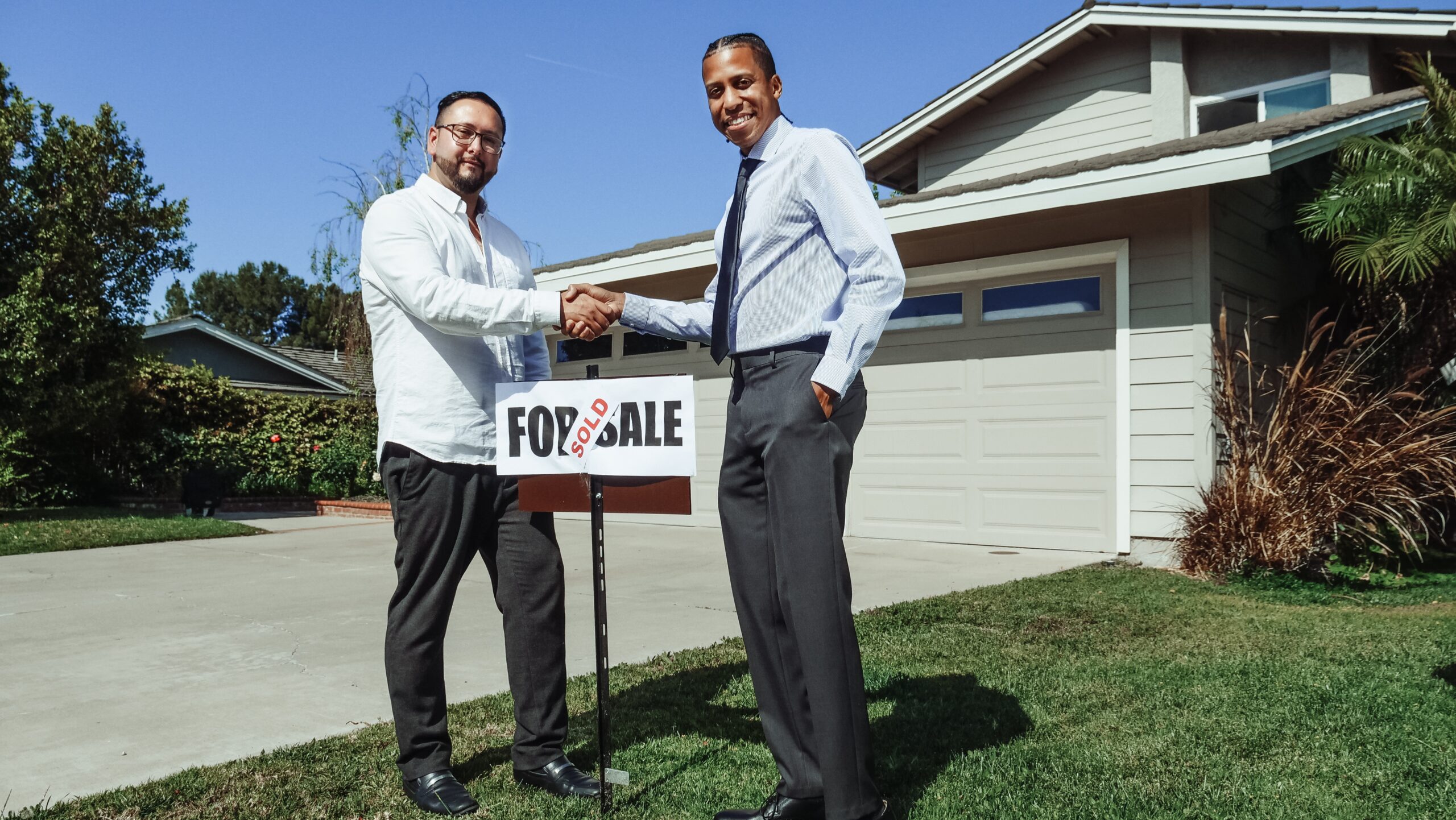
Legal Guide for Rental Property Ownership: Navigating Landlord Responsibilities, Tenant Rights, and More
Owning a rental property can be a rewarding venture, offering a steady income stream and potential long-term growth. However, being a landlord also comes with significant responsibilities and legal obligations. To ensure a successful and lawful rental business, it’s essential to have a comprehensive understanding of the legal aspects involved. In this article, we will explore everything you need to know about rental property ownership, from understanding landlord legal responsibilities to tenant rights and property maintenance legal requirements.

Landlord Legal Responsibilities
As a landlord, you have certain legal responsibilities towards your tenants. From ensuring habitable living conditions to handling repairs and maintenance promptly, being aware of these obligations will foster a positive landlord-tenant relationship and mitigate potential legal issues.
Rental Property Regulations
Rental properties are subject to specific regulations that can vary depending on the locality. Familiarize yourself with these regulations to avoid compliance issues and potential penalties.
Rental Property Management Guidelines
Effective rental property management is crucial for running a successful rental business. Learn about best practices for property management, tenant communication, and handling property-related challenges.
Tenant Rights and Laws
Tenants have specific rights protected by law. Understanding these rights is paramount to respecting their privacy and ensuring a harmonious landlord-tenant relationship.
Eviction Process for Landlords
While eviction is a last resort, it’s crucial to know the proper legal procedures in case it becomes necessary. Learn about the eviction process, notice requirements, and potential reasons for eviction.
Rental Property Contracts
Rental property contracts, such as lease agreements, lay the foundation for the landlord-tenant relationship. Gain insights into creating legally binding and comprehensive rental contracts.
Property Maintenance Legal Requirements

Maintaining your rental property is not just good practice but also a legal requirement. Familiarize yourself with the essential maintenance obligations to keep your property in top condition.
Rental Property Tax Rules
Understanding the tax implications of rental income is crucial for proper financial management. Learn about the tax rules and deductions available to rental property owners.
Lease Agreements and Legalities
Lease agreements play a significant role in setting expectations and protecting both parties’ interests. Explore the legalities surrounding lease agreements and how to draft a fair and enforceable contract.
Tenant Screening Legal Guidelines
Screening potential tenants is an essential part of responsible property management. Discover the legal guidelines for tenant screening to avoid discriminatory practices.
Rental Property Insurance Coverage
Insuring your rental property safeguards your investment from unexpected events. Learn about the different types of insurance coverage available to landlords.
Landlord-Tenant Dispute Resolution

Disagreements between landlords and tenants can arise. Understanding the various dispute resolution methods can help you navigate these situations fairly and efficiently.
Fair Housing Laws for Landlords
Fair housing laws ensure equal treatment for all tenants. Familiarize yourself with these laws to avoid any discrimination issues.
Property Inspection Legal Standards
Conducting regular property inspections is vital for identifying maintenance needs and ensuring tenant safety. Learn about the legal standards for property inspections.
Landlord Liability Protection
As a landlord, you face potential liabilities. Discover strategies to protect yourself from legal and financial risks.
Security Deposit Laws
Security deposits serve as a safeguard against property damage and unpaid rent. Recognize the rules set down by law on the processing of security deposits.
Subleasing and Legal Considerations
Subleasing can be a beneficial arrangement for both parties if handled correctly. Learn about the legal considerations and potential challenges of subleasing.
Landlord Rights and Obligations
Knowing your rights and obligations as a landlord is essential for maintaining a fair and balanced landlord-tenant relationship.
Rent Control Regulations
Some locations have rent control regulations in place. Understand how these regulations impact your rental property.
Discrimination Laws for Landlords
Discriminatory practices are strictly prohibited in rental property management. Learn about the anti-discrimination laws that protect tenants.
Rental Property Code Compliance
Adhering to building codes and safety regulations is vital for rental property owners. Stay informed about code compliance requirements.
Eviction Moratorium Rules
During certain circumstances, eviction moratoriums may be in effect. Learn about the rules and regulations during such times.
Legal Resources for Rental Property Owners
Having access to reliable legal resources is essential for addressing complex legal matters. Explore valuable resources for rental property owners.
FAQs
- Is it legal to evict a tenant without a good cause?
- No, you cannot evict a tenant without a valid reason. Evictions must follow the proper legal procedures, and valid reasons may include non-payment of rent or violation of lease terms.
- What are some common landlord responsibilities?
- Common landlord responsibilities include maintaining the property in good condition, handling repairs promptly, providing a safe living environment, and respecting tenant privacy.
- Is rental income taxable?
- Yes, rental income is taxable. Rental property owners must report their rental income on their tax returns and may be eligible for certain deductions.
- Can I deny a tenant’s application based on their race or ethnicity?
- No, denying a tenant’s application based on race, ethnicity, or other protected characteristics is illegal. Fair housing laws prohibit discrimination in the tenant screening process.
- Do I need rental property insurance if I have homeowner’s insurance?
- Yes, homeowner’s insurance typically does not cover rental properties. Landlord insurance or rental property insurance provides coverage specific to the needs of rental.